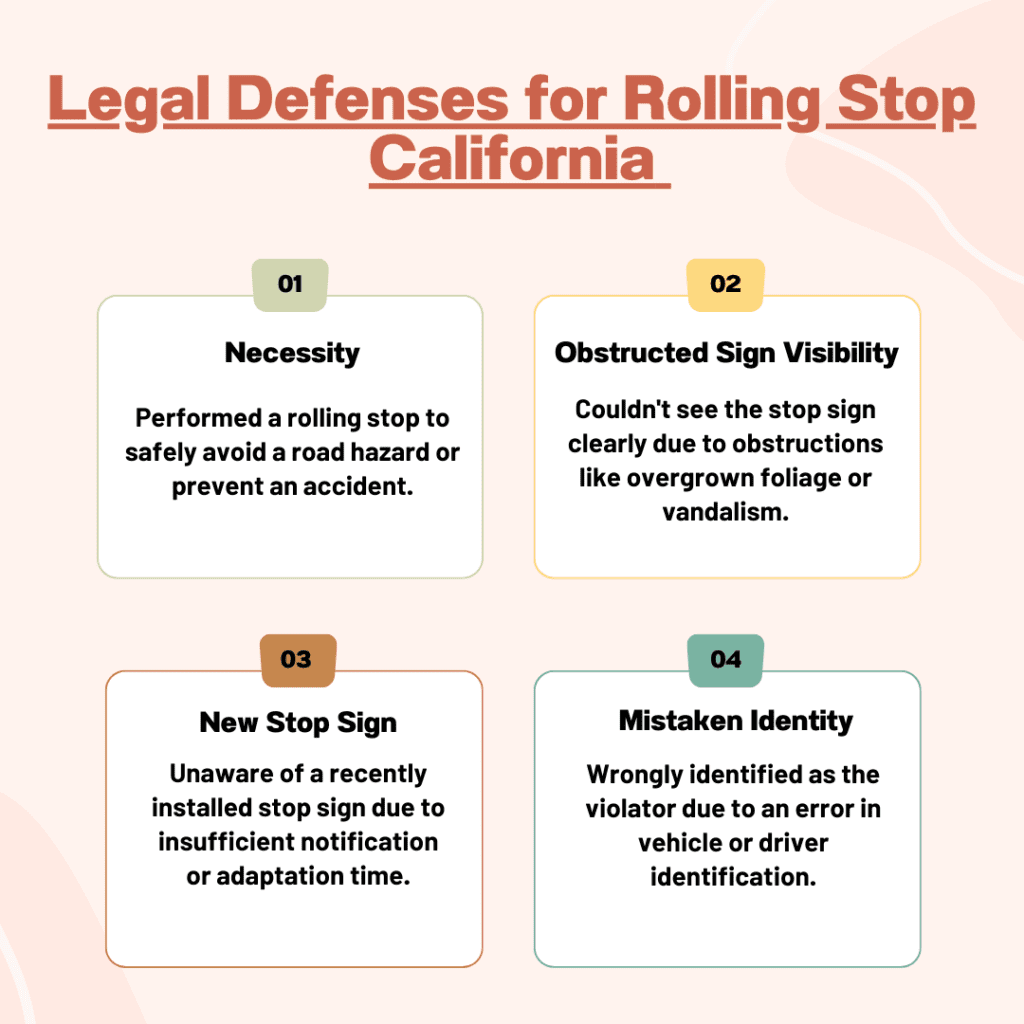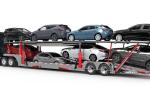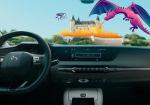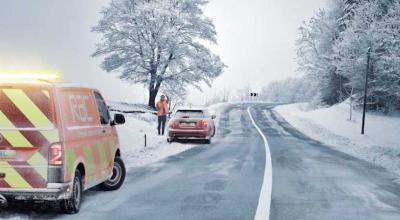Secret Cameras and Fines: The Costly Truth Behind California's "Rolling Stops"

by AutoExpert | 15 May, 2024
Ever heard of the “California Stop”? Also known as the “California Roll,” it’s when drivers don’t come to a full stop at a stop sign—pretty common, right? Well, it might seem like a small thing, but it’s landing California drivers in a big financial mess, racking up millions in tickets each year.
Here’s the kicker: it’s not your usual police patrol that’s catching these drivers. Instead, the Mountains Recreation and Conservation Authority (MRCA), a state park agency that’s usually more about preserving nature than policing roads, has been secretly filming drivers and handing out tickets like candy at a parade. According to reports, this agency hands out around 17,000 of these “rolling stop” tickets annually, bringing in over $1.1 million!

You might wonder, what’s a park agency doing monitoring traffic violations? Here's why: There are over 75,000 acres of parklands across Southern California overseen by MRCA, and they’ve taken to issuing $100 “administrative citations” from the shadows. Imagine cruising through the parking lot at Temescal Canyon, barely rolling through a stop, and bam—ticketed by a hidden camera.
It turns out these tickets are less about law enforcement and more about filling the coffers. Drivers who’ve been snagged by this scheme have voiced their frustration, noting that these aren’t real legal citations but rather deceptive moneymakers for the MRCA. The issue is, even though they don't hold legal weight like traditional tickets, failing to pay them could still ding your credit score—a risk most folks aren’t willing to gamble with, especially if it could affect future loans or mortgages.
Some critics, like Jamie Court from Consumer Watchdog, state that the MRCA’s side hustle is a gross misuse of power, wrapped in “public safety” bs, but seemingly more interested in the revenue. It’s been going on for over a decade, and despite the controversy, it looks like no one’s stepping in to put the brakes on it.
So next time you’re at a stop sign, especially in Southern California, you might want to make that stop a full one. You never know who’s watching!


















